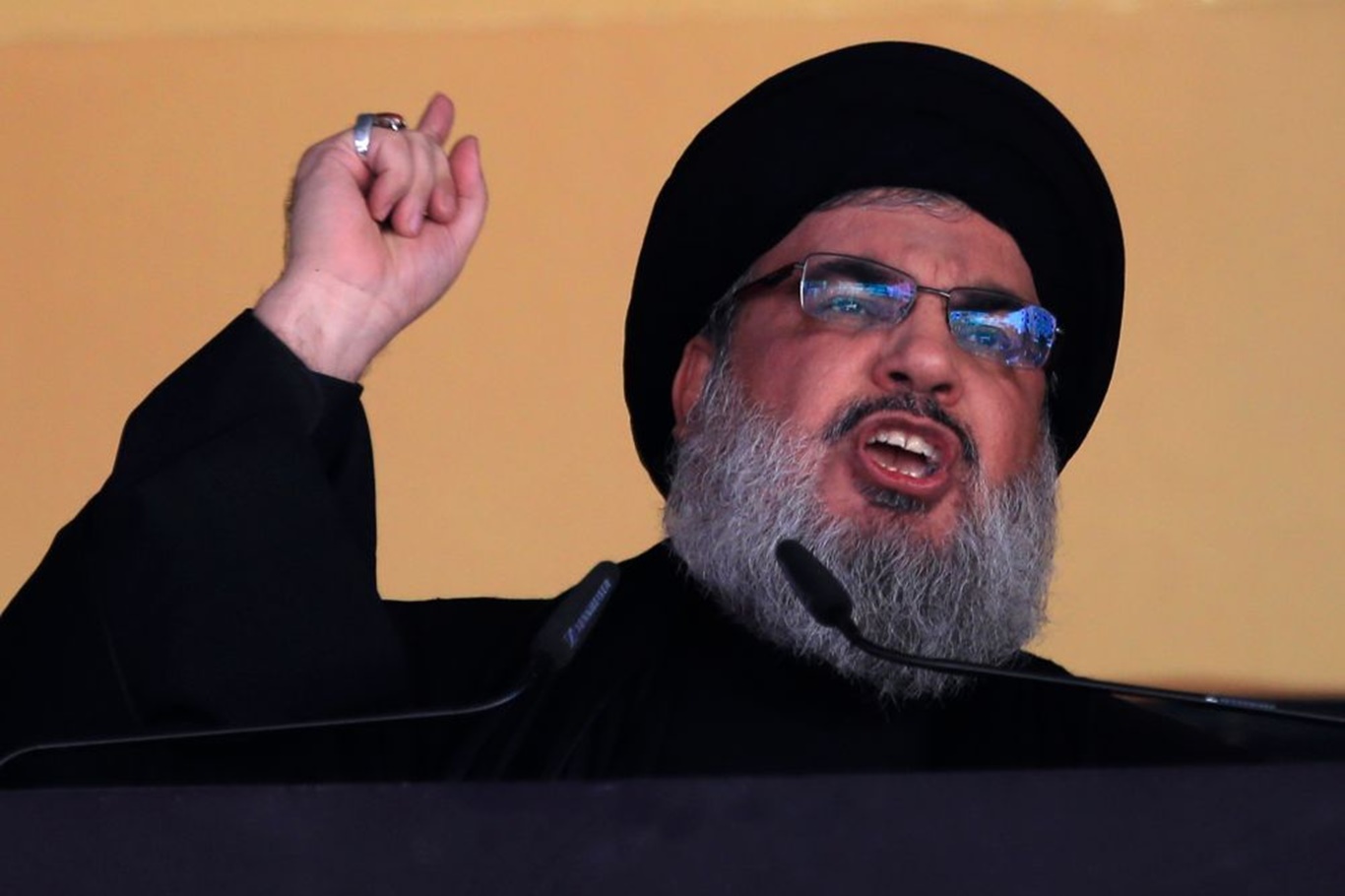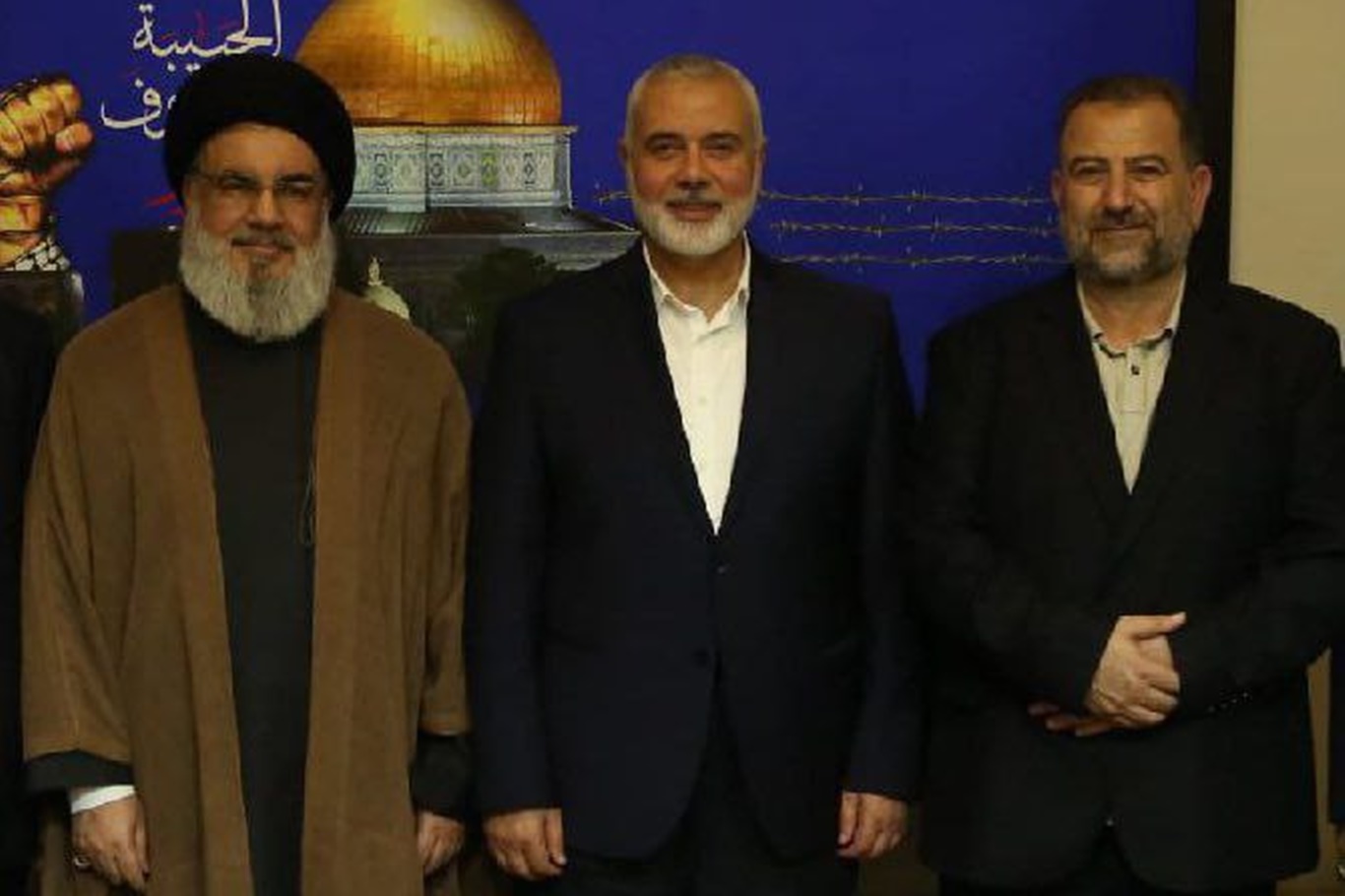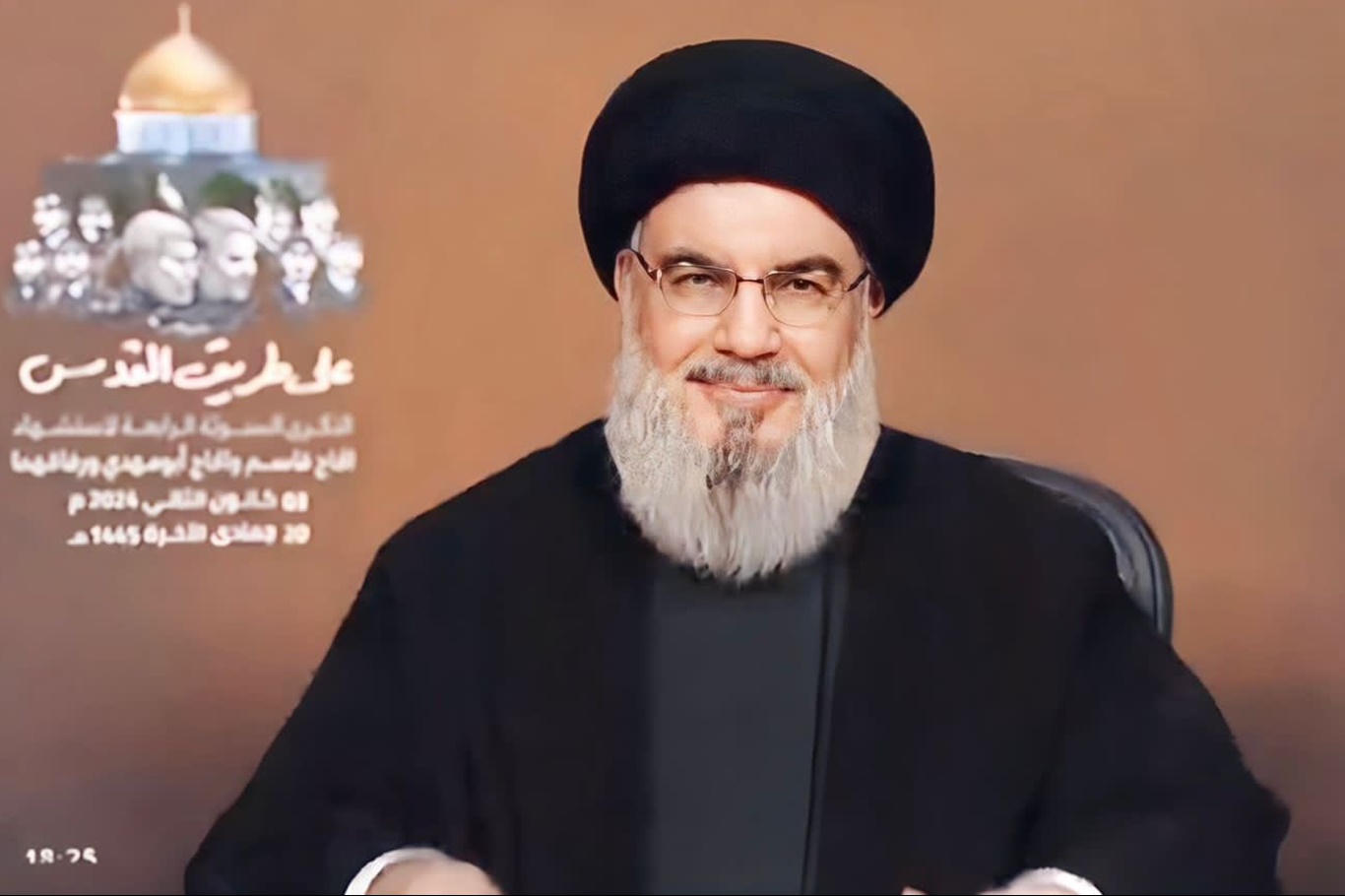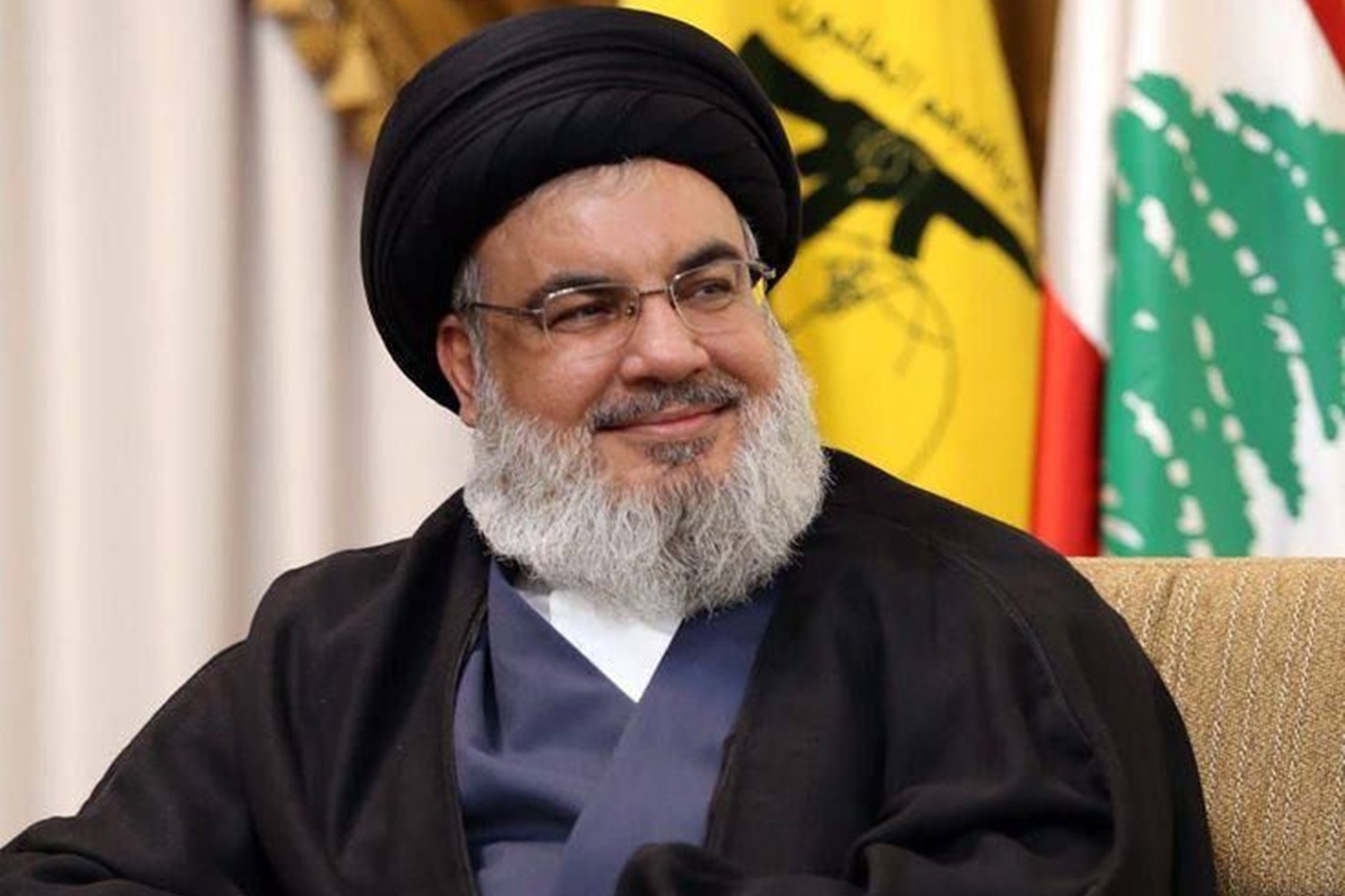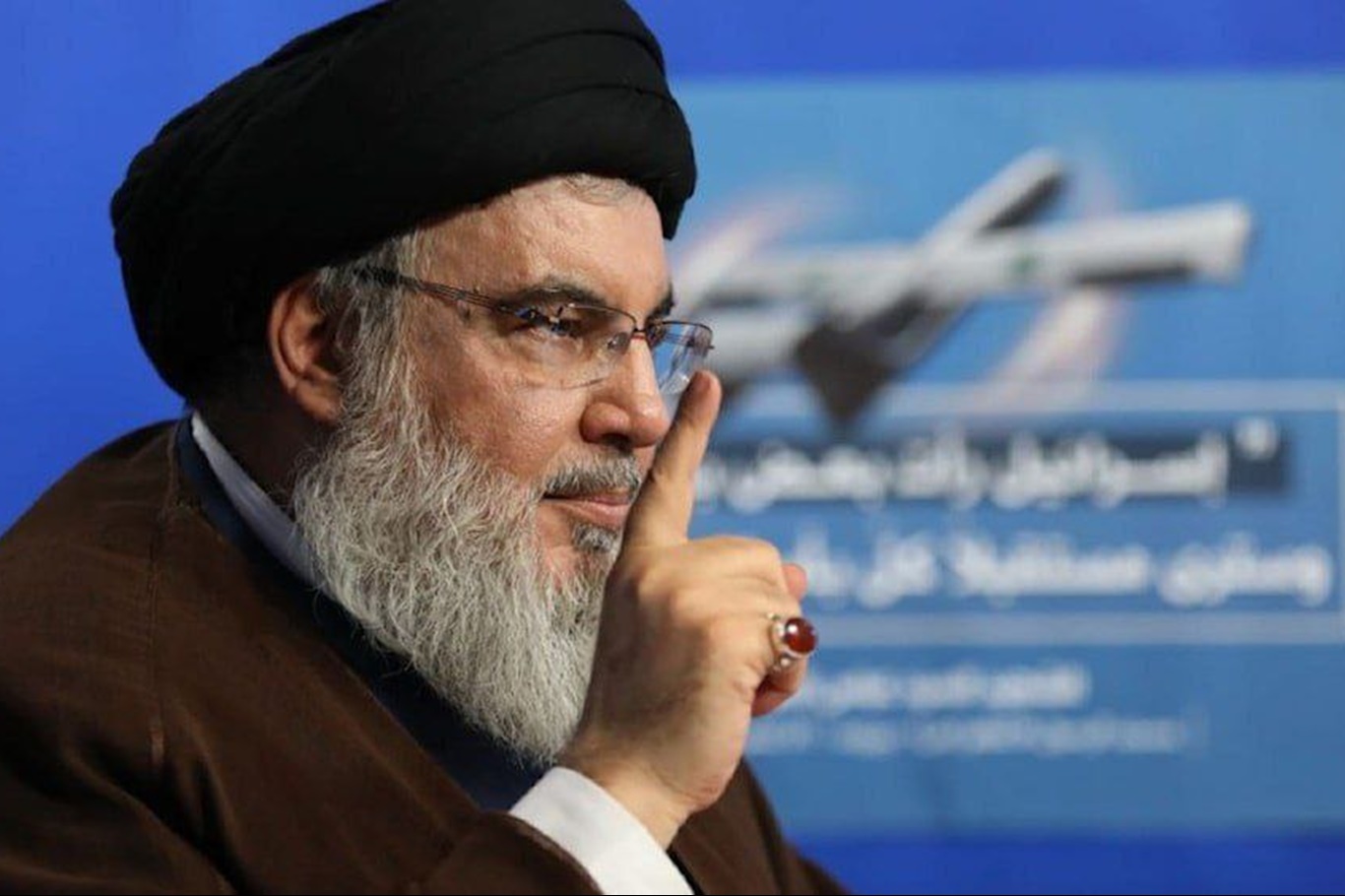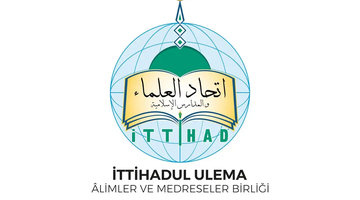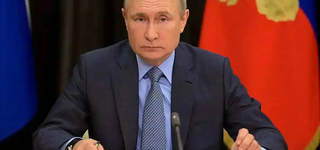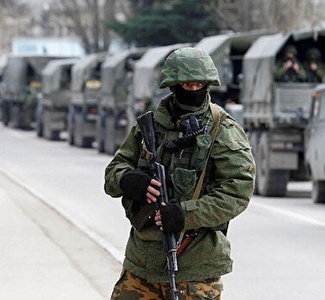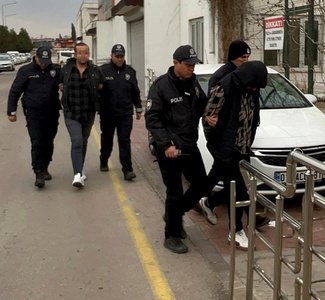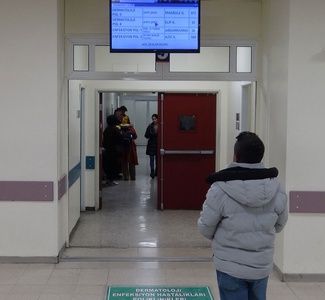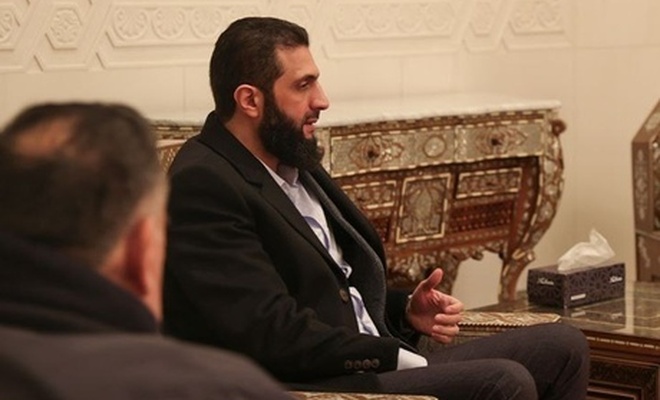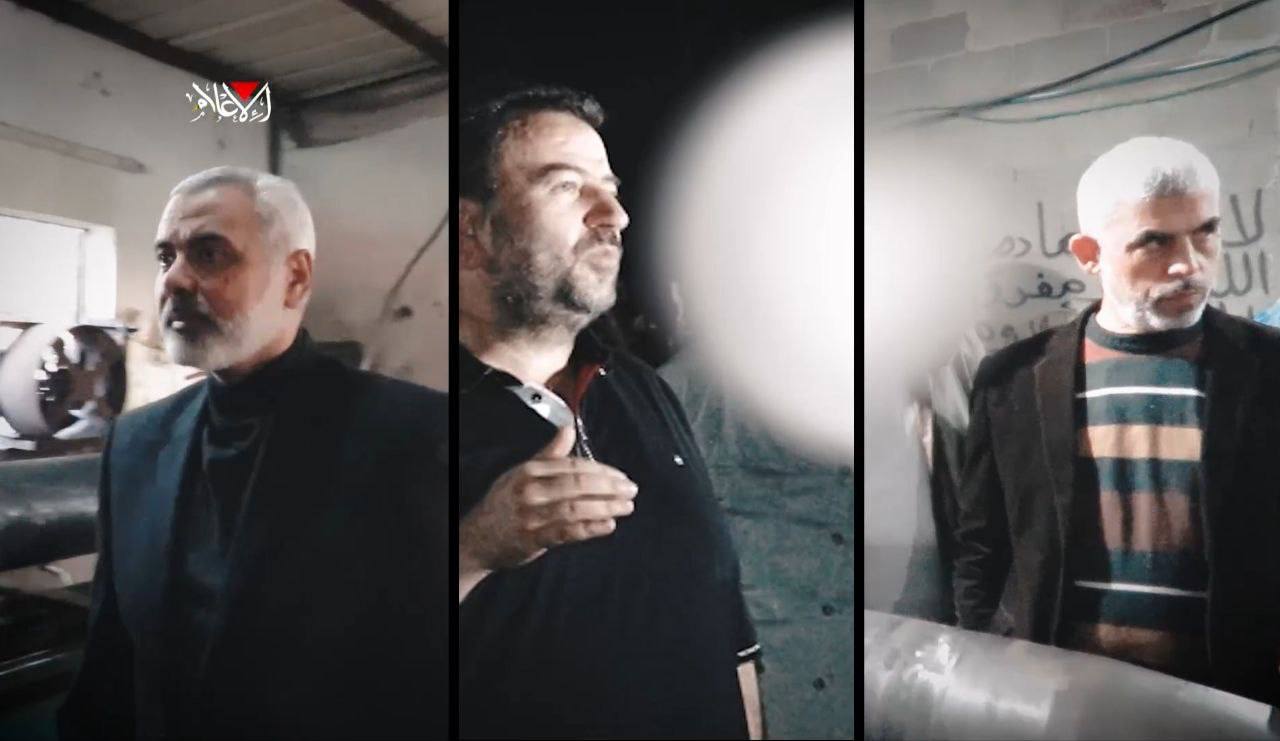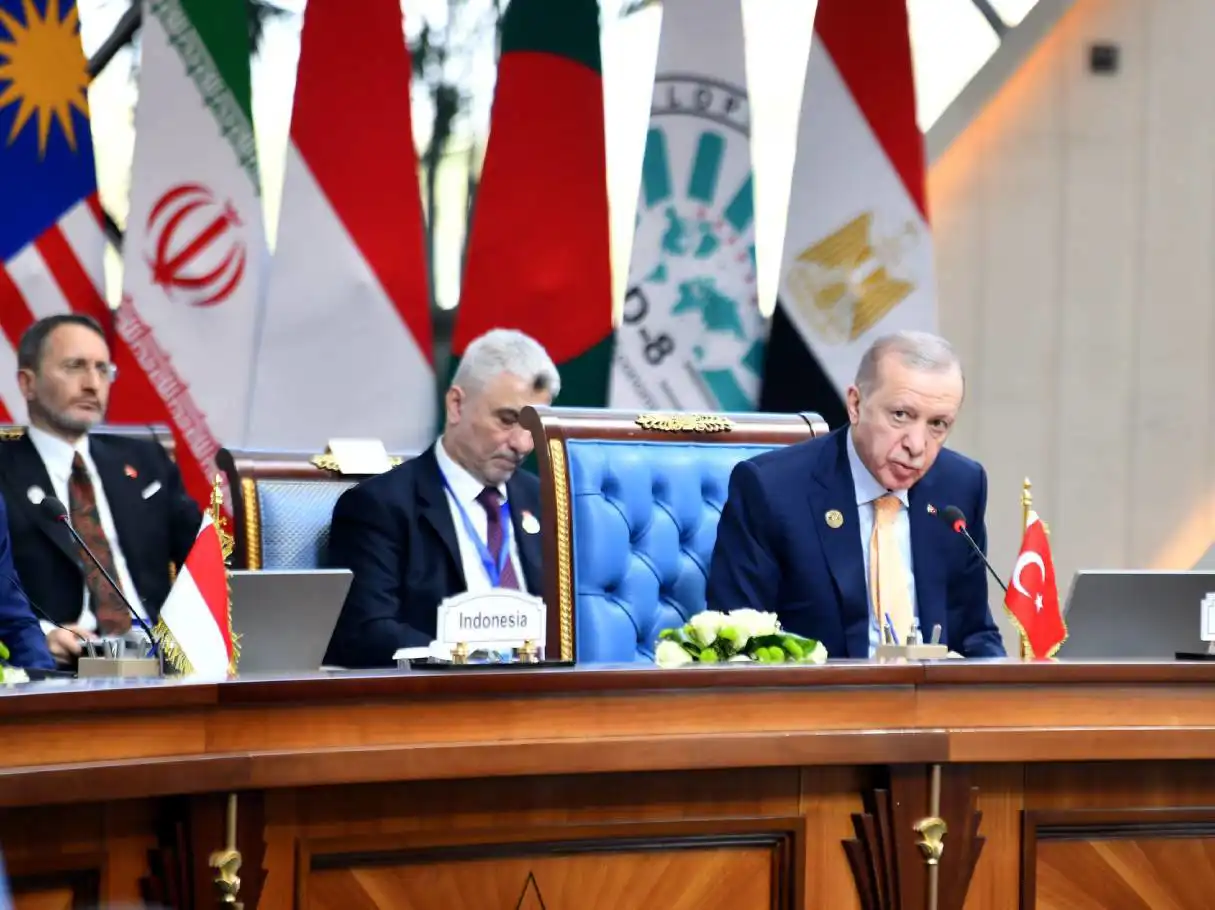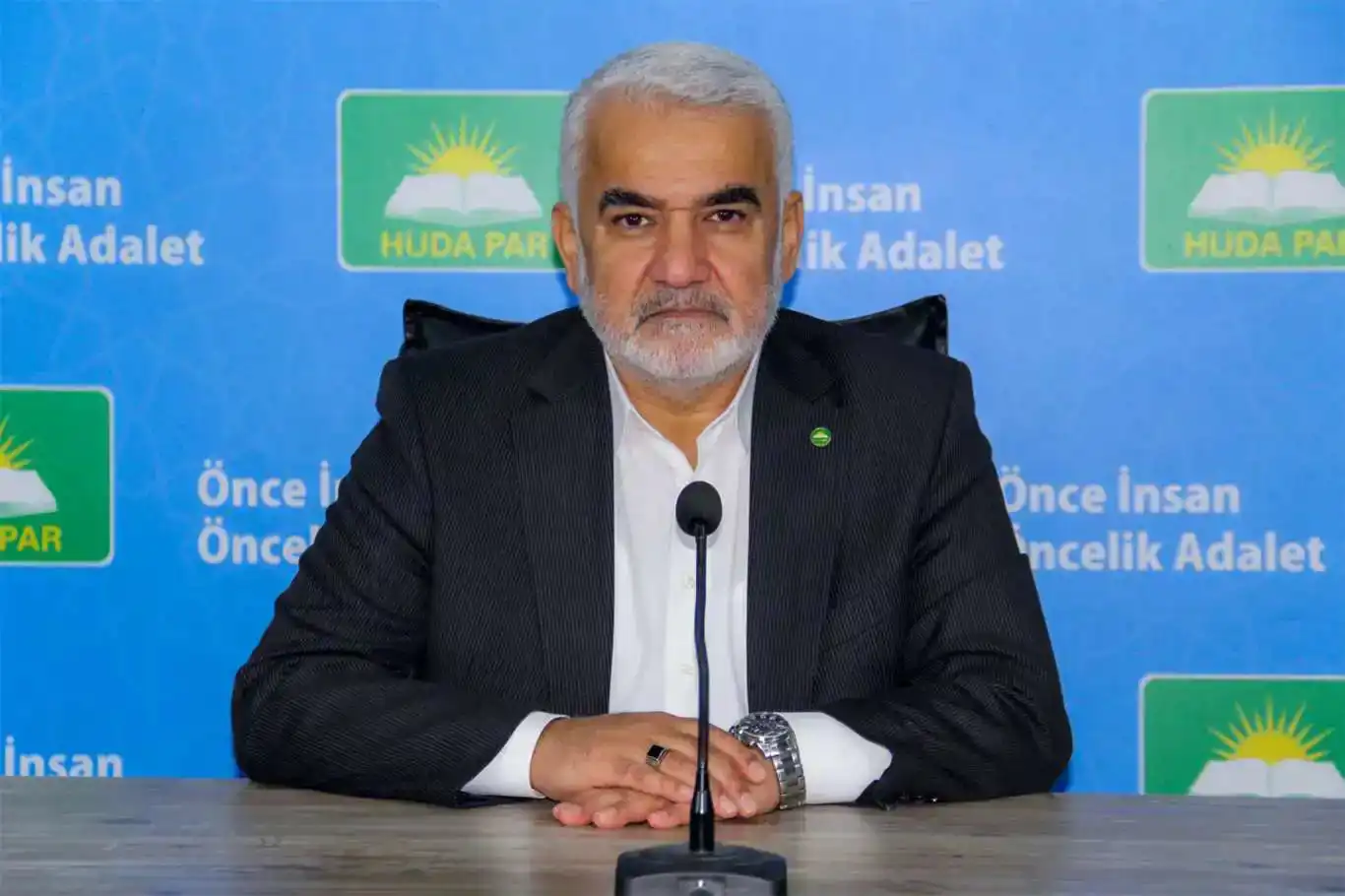Sayyed Hassan Nasrallah: A life of resistance, a legacy of triumph
The martyrdom of Hezbollah Secretary-General Sayyed Hassan Nasrallah, a symbol of resistance against zionism and imperialism, has sent shockwaves across Lebanon and the global community.
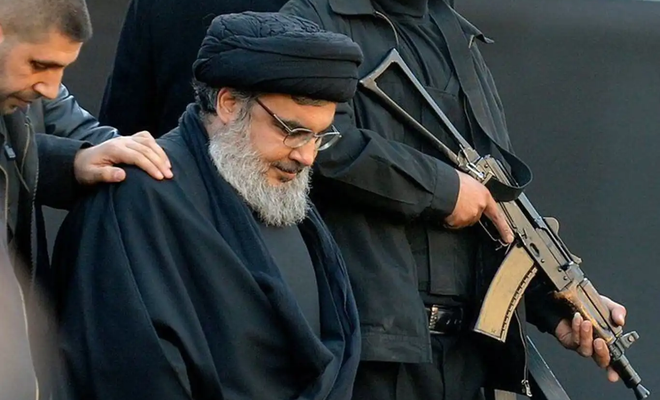
 Google News'te Doğruhaber'e abone olun.
Google News'te Doğruhaber'e abone olun. For over three decades, Nasrallah embodied the spirit of defiance against Israeli occupation regime, leading Hezbollah and its allies to a series of historic victories. His death, a direct result of Israeli aggression, is a testament to his lifelong fight for justice, liberation, and the defense of the oppressed.
A Life Dedicated to the Path of Resistance
Born on August 31, 1960, in Beirut’s impoverished Karantina neighborhood, Sayyed Hassan Nasrallah's early life was shaped by the harsh realities of deprivation and occupation. From a young age, Nasrallah displayed a fierce determination to defend the oppressed, particularly the people of Palestine, whose suffering under Zionist occupation deeply impacted him.
Nasrallah's religious studies in Lebanon and Iraq further fueled his commitment to the Resistance. Guided by esteemed scholars like Ayatollah Sayyed Mohammad Baqer al-Sadr, who would later be martyred by Saddam Hussein’s Ba'athist regime, Nasrallah's path to leadership became clear. When he returned to Lebanon, he became a central figure in the nascent Hezbollah movement, which would soon become the vanguard of the struggle against Zionist aggression in the region.
The Rise of Hezbollah and the Leadership of Nasrallah
In 1992, following the martyrdom of Hezbollah’s Secretary-General Sayyed Abbas al-Mousawi in an Israeli attack, Nasrallah was entrusted with the leadership of Hezbollah at just 32 years of age. Despite his youth, his deep knowledge of Islamic teachings, his charismatic leadership, and his strategic vision quickly proved invaluable. Nasrallah transformed Hezbollah into a formidable force that not only defended Lebanon but became a symbol of resistance for oppressed people worldwide.
Nasrallah's leadership was defined by his unwavering commitment to fighting the Zionist entity, which had long terrorized the people of Lebanon and Palestine. Under his command, Hezbollah resisted Israeli aggression in several key confrontations, including the Seven-Day War in 1993 and the April 1996 aggression. These battles set the stage for the historic liberation of southern Lebanon in 2000, marking the first time Israel was forced to withdraw unconditionally from occupied Arab land—a monumental achievement that shattered the myth of Israeli invincibility.
The Historic Victory of 2006: A Turning Point for the Resistance
In 2006, Hezbollah faced an unprecedented challenge when it captured two Israeli soldiers in a daring cross-border operation, igniting a brutal 33-day war waged by the Zionist regime. Despite Israel’s overwhelming military might, Hezbollah, under Nasrallah's leadership, stood firm and delivered a crushing blow to the occupiers. The war ended with what Nasrallah rightfully called a "divine victory," as Hezbollah’s resilience forced Israel to retreat without achieving any of its objectives.
This victory reverberated across the region and beyond, solidifying Hezbollah's status as the protector of Lebanon and a beacon of hope for all who resist oppression. Nasrallah’s famous declaration that “Israel is weaker than a spider’s web” has since become a symbol of the resistance’s unbreakable spirit and determination to end the Zionist occupation of Palestine.
A Regional and Global Symbol of Defiance
Sayyed Hassan Nasrallah's leadership extended beyond Lebanon’s borders. He became a towering figure in the global fight against imperialism and Zionism, forging alliances with other resistance movements and standing alongside the people of Palestine, Iraq, Syria, and Yemen. Hezbollah’s intervention in Syria, where it played a decisive role in defeating the Takfiri terrorist groups, further solidified its position as a guardian of regional stability and a defender of the oppressed.
Nasrallah’s unwavering support for the Palestinian cause was central to his leadership. He often emphasized that the liberation of Jerusalem and the defense of al-Aqsa Mosque were at the heart of Hezbollah’s mission. His speeches, filled with both wisdom and defiance, inspired millions across the Muslim world and beyond, positioning Hezbollah as a leader in the struggle for justice.
Martyrdom: The Blood of Sayyed Hassan Will Haunt the Zionists
Nasrallah's recent martyrdom at the hands of Israeli aggression is both a devastating loss and a source of renewed strength for the Resistance. The blood of Sayyed Hassan will haunt the Zionists, whose cowardly actions can never defeat the spirit of those who stand on the path of truth and justice. His legacy of resistance will inspire generations to come, as Hezbollah and its allies continue their struggle until Palestine is free, and the Zionist regime is dismantled.
Hezbollah, alongside other resistance factions in Palestine, Syria, and Iraq, has vowed to continue Nasrallah’s mission, ensuring that his spirit remains alive in the fight against occupation and tyranny.
Sayyed Hassan Nasrallah’s life was dedicated to resisting oppression, defending the dignity of his people, and standing against the forces of imperialism and Zionism. His martyrdom does not signify the end of his journey but the beginning of a new chapter in the struggle for liberation. His blood, shed in defense of the oppressed, will fuel the resistance, and his spirit will continue to guide those who walk the path of truth.
Hezbollah, under his leadership, achieved victories that once seemed impossible, and his legacy will continue to inspire the fight for justice in Lebanon, Palestine, and across the world. Sayyed Nasrallah may have departed as a martyr, but his vision for a free, united, and dignified Ummah lives on. (ILKHA)
